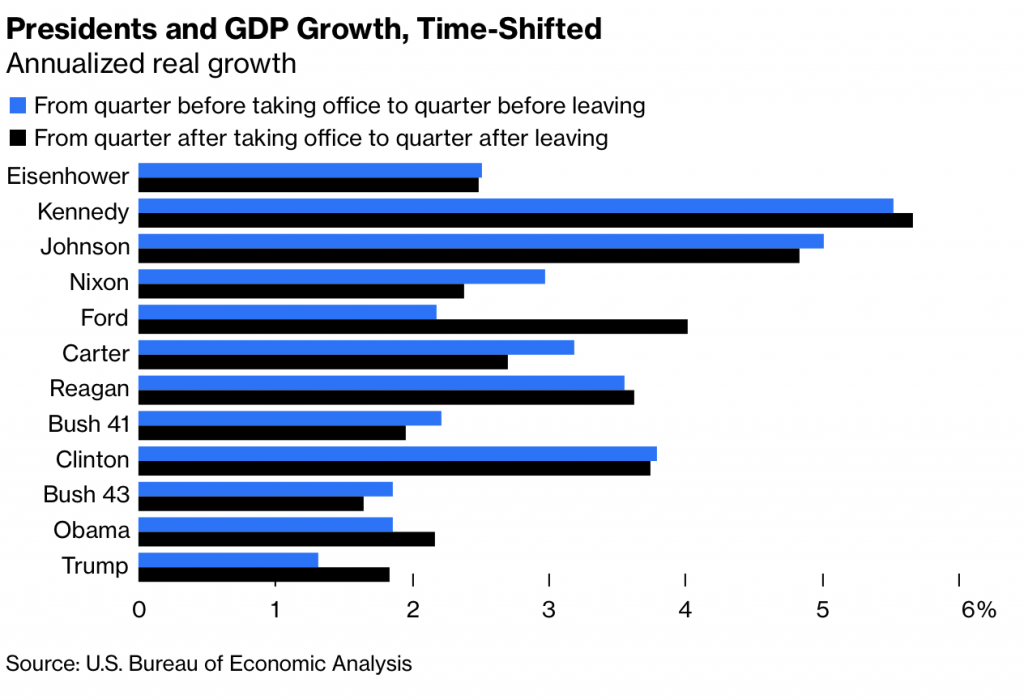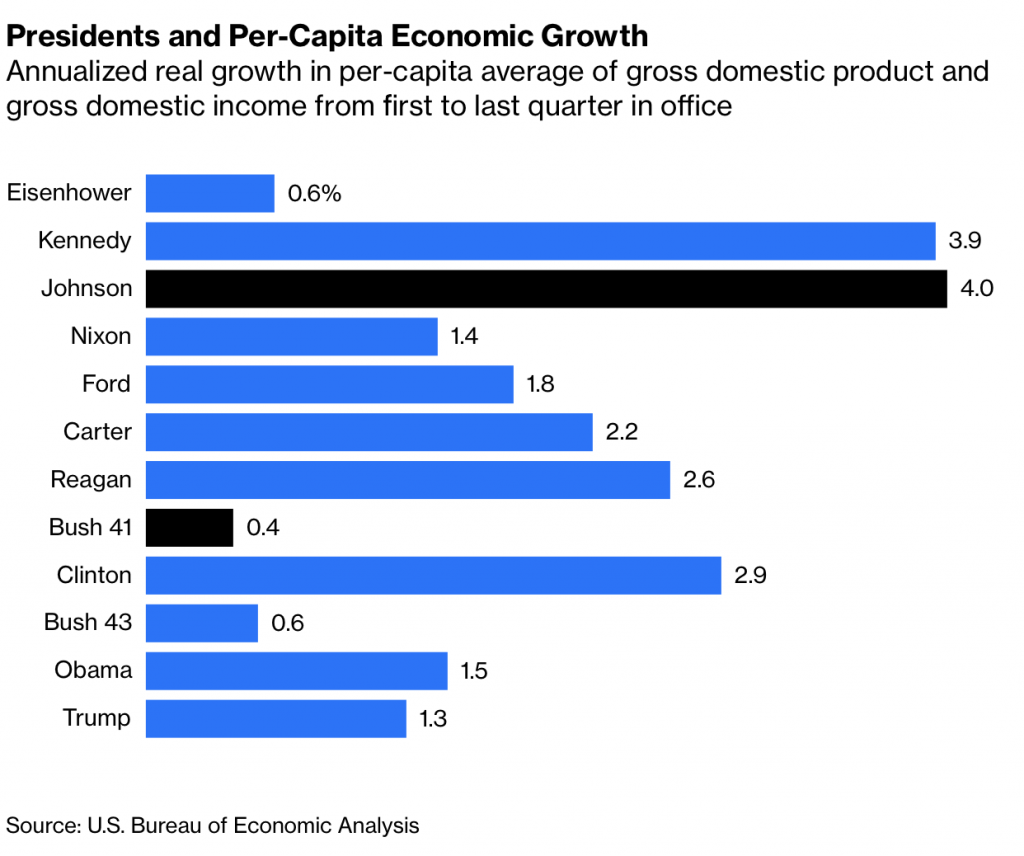After a stormy Tuesday night, Wednesday in Whitewater will see afternoon thunderstorms with a high of 92. Sunrise is 5:58 AM and sunset 8:01 PM, for 14h 03m 23s of daytime. The moon is a waxing crescent with 9.6% of its visible disk illuminated.
Whitewater’s Joint Review Board meets at 4 PM, and Whitewater Fire Department, Inc. holds a business meeting at 6 PM.
On this day in 1919, the Green Bay Packers are organized over the course of two meetings in the editorial rooms of the Green Bay Press-Gazette (Aug. 11 and 14). Indian Packing Co. of Green Bay sponsored the team in its first two seasons.
One reads from Elizabeth Byer that Summerfest to require proof of vaccination or negative COVID test to enter:
Attendees will be asked to show a valid COVID-19 vaccination card or proof of a negative test upon entry at any gate. An original vaccination card, a printed copy of a vaccination card or a negative test will be accepted. A screen shot or photo on a phone of vaccination proof or negative test will also be accepted. The entire front of the vaccination card must be visible or it will not be accepted.
How effective this rule will be one can’t be sure, but a vaccine or negative test requirement is well within the rights of Summerfest, Inc.
Garrett M. Graff writes along these lines about private business requirements in Only private businesses can end the pandemic now. They just might do it:
Sixteen months ago, when we still referred to the threat as the “novel coronavirus,” private businesses led us into shutdowns — long before a reluctant Trump administration was willing to admit how big and how prolonged a disruption the nation was in for. Last spring, the cascading postponements and cancellations of events like NBA games and the South by Southwest festival shocked people into taking seriously a problem that President Donald Trump was insisting would be minor and brief, and would magically disappear on its own. (“We’re prepared, and we’re doing a great job with it. And it will go away. Just stay calm. It will go away,” he said, one day before Rudy Gobert’s positive test at a Utah Jazz-Oklahoma City Thunder game led to the rapid evaporation of the basketball season.)
Today, a new president elected in part because of his predecessor’s shambolic management of the pandemic finds his actions constrained by the GOP’s dogma of dismissing a health crisis that has killed the equivalent of the entire population of Wyoming or Louisville. And just like last spring, it has fallen to private businesses to take the decisive and unequivocal actions that the federal government appears incapable of.
….
one business after another has stepped forward to say “Enough,” culminating with giants such as Google, Walmart and Disney all recently announcing vaccine mandates for at least some of their employees. Employers — and increasingly frustrated vaccinated Americans — are desperate for a return to the office and resumption of “normal” commerce. But rising case levels from the delta variant are eroding hope that the nation’s soft-sell “carrot” approach to vaccinations will yield much more progress.
The conservative populists, many of whom are opposed to vaccines, don’t like this. They loudly complain about liberalism/progressivism/socialism/communism/Marxism (all as a mishmash) while simultaneously demanding state action to ban immigrants, detain children, start trade wars, or prevent private publishers from choosing which users to allow on private platforms. These Trump-adoring men don’t want a limited and responsible government; they want a government limitlessly responsible only to them.
If the conservative populists don’t like Twitter, for example, they could and should create their own alternative rather than insisting that a private platform is required to endure their terms of service violations perpetually. (As it turns out, the Trumpists’ efforts to create their own version of Twitter have been going… poorly. See Miller’s Gutter on Gettr.)
Conservatives once understood and defended private property; now an appetitive and impulsive horde rejects widespread private property rights, demanding what it wants when it wants.
No Shirt, No Shoes? No Service.
Rare Chameleon Rediscovered After Being Thought Extinct:







